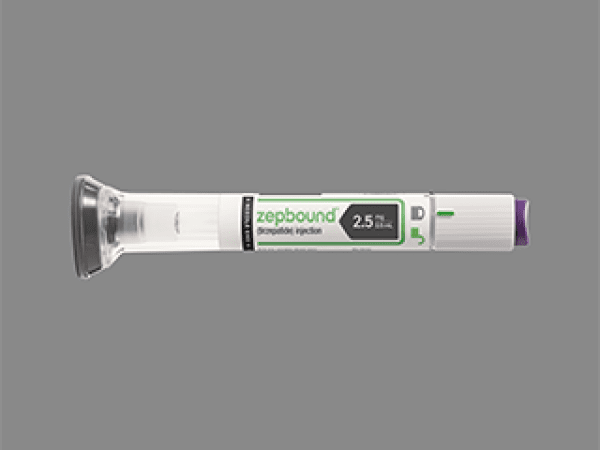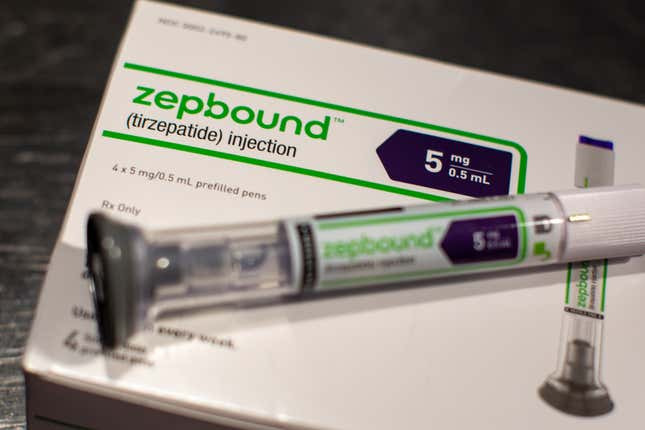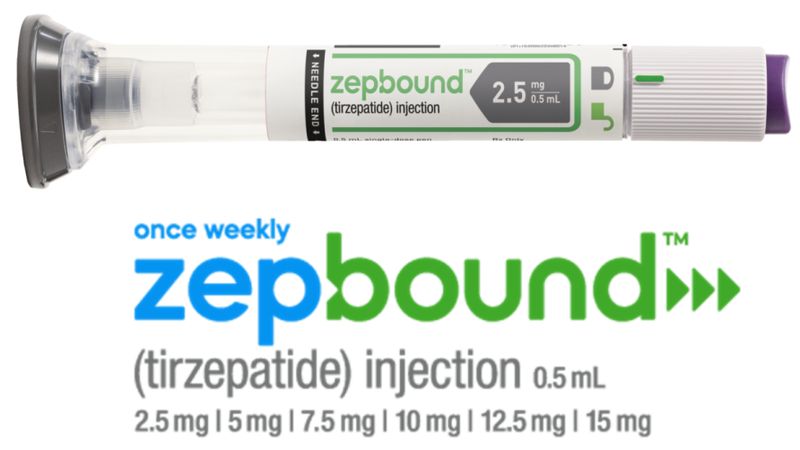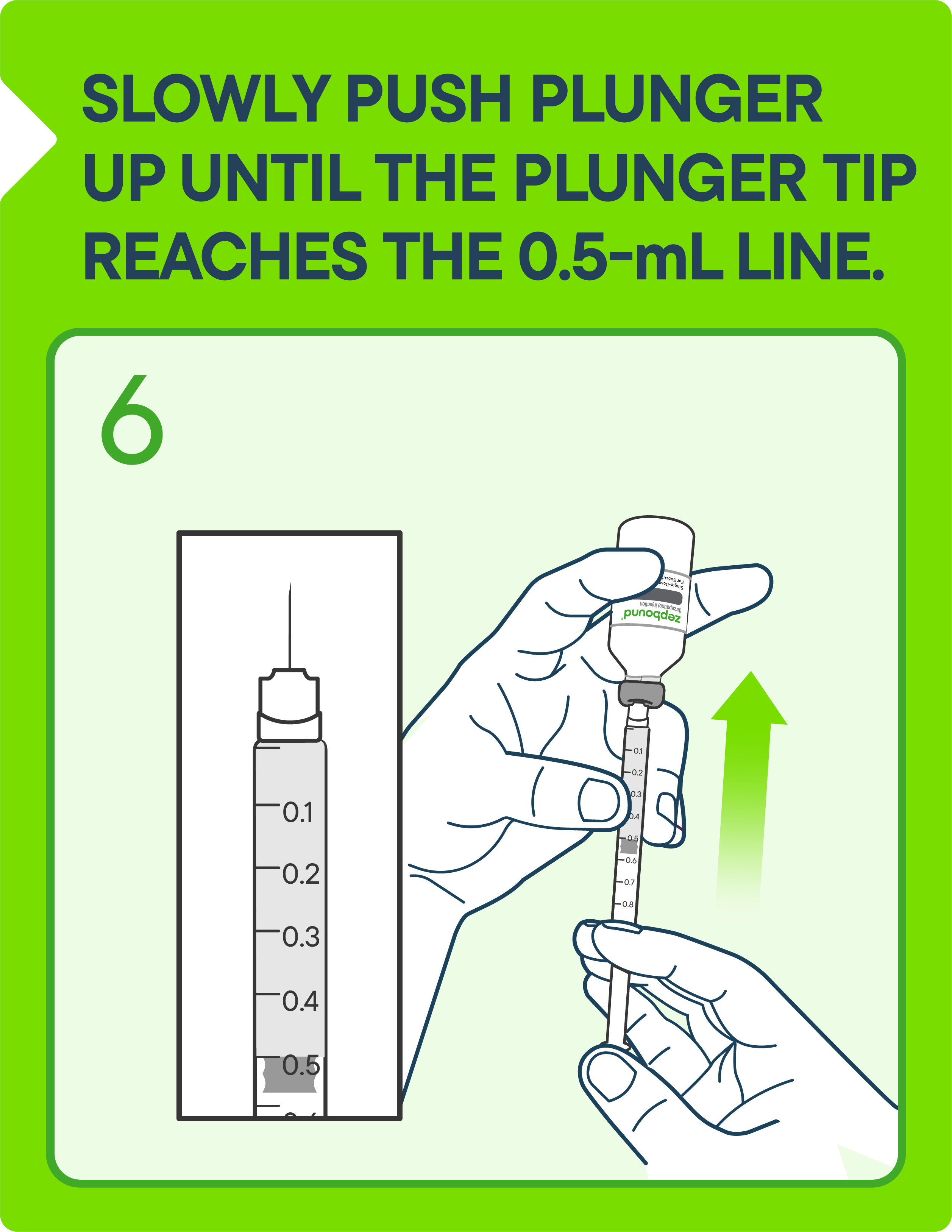Can You Have Alcohol On Zepbound
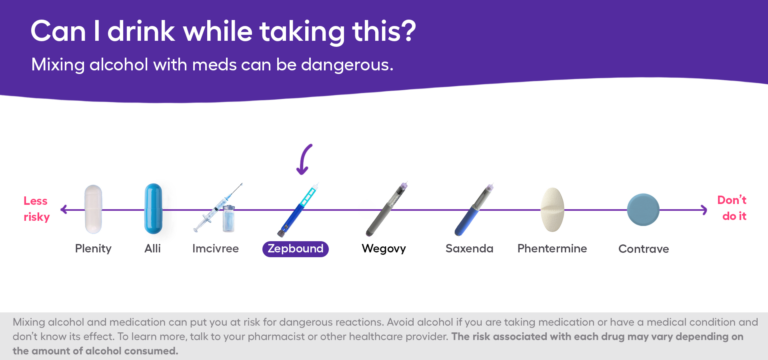
The increasing popularity of Zepbound, a new weight-loss medication, has sparked numerous questions regarding its potential interactions with other substances, notably alcohol. As individuals consider or begin Zepbound treatment, understanding the risks associated with alcohol consumption becomes crucial for informed decision-making and overall health management.
This article examines the available information concerning the concurrent use of Zepbound and alcohol. It addresses the potential consequences and offers guidance based on current medical understanding.
Understanding Zepbound and Its Mechanism
Zepbound (tirzepatide) is a medication developed by Eli Lilly, approved by the FDA for chronic weight management in adults with obesity or who are overweight and have at least one weight-related condition, such as high blood pressure, type 2 diabetes, or high cholesterol.
It works by mimicking the effects of two natural hormones: glucagon-like peptide-1 (GLP-1) and glucose-dependent insulinotropic polypeptide (GIP). These hormones help regulate blood sugar levels, reduce appetite, and promote feelings of fullness.
Zepbound is administered as a weekly injection and is intended to be used in conjunction with a reduced-calorie diet and increased physical activity.
The Question of Alcohol and Zepbound: What We Know
Currently, the official prescribing information for Zepbound does not explicitly list alcohol as a contraindication or a specific interaction.
However, the absence of a direct warning does not imply that combining Zepbound and alcohol is without potential risks.
Potential Risks and Considerations
Several factors contribute to the potential for adverse effects when consuming alcohol while taking Zepbound. The medication's impact on digestion and blood sugar, coupled with alcohol's own effects, can lead to a range of complications.
One key consideration is Zepbound's effect on gastric emptying. This slows down the rate at which food and liquids leave the stomach. This delay can prolong the absorption of alcohol, potentially leading to higher blood alcohol concentrations (BAC) than expected from a given amount of alcohol.
Furthermore, both Zepbound and alcohol can affect blood sugar levels. While Zepbound aims to improve blood sugar control, alcohol can initially raise blood sugar but subsequently lead to hypoglycemia (low blood sugar), particularly when consumed on an empty stomach or in individuals with diabetes.
Gastrointestinal side effects are common with Zepbound, including nausea, vomiting, diarrhea, and constipation. Alcohol can exacerbate these symptoms, leading to increased discomfort and potential dehydration.
Expert Opinions and Recommendations
Medical professionals generally advise caution when combining any medication with alcohol. While specific research on Zepbound and alcohol interaction may be limited, the underlying mechanisms of both substances warrant careful consideration.
Speaking to a healthcare provider before consuming alcohol while taking Zepbound is strongly recommended. A doctor can assess individual health conditions, potential risks, and provide personalized guidance.
Dr. Emily Carter, an endocrinologist specializing in weight management, stated, "While we don't have definitive studies on Zepbound and alcohol, it's prudent to exercise caution. The potential for increased alcohol absorption, blood sugar fluctuations, and exacerbated GI side effects is a valid concern."
Patient Experiences and Anecdotal Evidence
Online forums and support groups dedicated to Zepbound users contain anecdotal reports regarding alcohol consumption. Some individuals report no noticeable effects, while others describe experiencing increased nausea, dizziness, or rapid intoxication after consuming even small amounts of alcohol.
These personal accounts, while not scientifically rigorous, highlight the variability in individual responses and underscore the importance of personalized medical advice.
One patient shared, "I had a single glass of wine and felt incredibly sick. I hadn't eaten much that day, and I think that made it worse. I definitely won't be drinking again until I talk to my doctor."
The Significance of Moderation and Awareness
If a healthcare provider approves occasional alcohol consumption while taking Zepbound, moderation is crucial. Limiting alcohol intake to small amounts and consuming it with food can help mitigate some of the potential risks.
Staying hydrated by drinking plenty of water can also help counter the dehydrating effects of alcohol and minimize gastrointestinal discomfort.
Individuals should be aware of the signs and symptoms of hypoglycemia, such as sweating, shakiness, confusion, and dizziness, and take appropriate action if they occur.
Conclusion
Although the official Zepbound prescribing information does not explicitly forbid alcohol consumption, the potential for adverse interactions warrants caution. The medication's impact on gastric emptying, blood sugar levels, and gastrointestinal function can be exacerbated by alcohol, leading to unpleasant or even dangerous consequences.
Consulting with a healthcare provider is essential for personalized guidance. Moderation, awareness of potential risks, and careful monitoring are key to managing alcohol consumption responsibly while taking Zepbound.
As more data becomes available, healthcare professionals will be better equipped to provide specific recommendations regarding Zepbound and alcohol. For now, erring on the side of caution is the best approach for ensuring safety and well-being.



